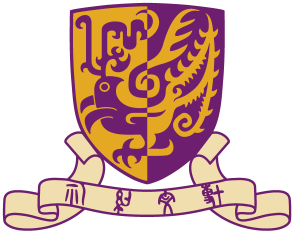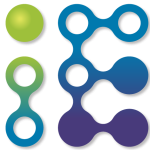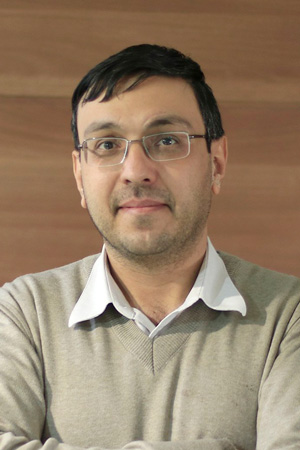GOHARI Amin
Amin Gohari received his B.Sc. degree from Sharif University, Iran, in 2004 and his Ph.D. degree in electrical engineering from the University of California, Berkeley in 2010. Dr. Gohari received the 2010 Eli Jury Award from UC Berkeley, Department of Electrical Engineering and Computer Sciences, for “outstanding achievement in the area of communication networks,” and the 2009-2010 Bernard Friedman Memorial Prize in Applied Mathematics from UC Berkeley, Department of Mathematics, for “demonstrated ability to do research in applied mathematics.” He also received the Gold Medal from the 41st International Mathematical Olympiad (IMO 2000) and the First Prize from the 9th International Mathematical Competition for University Students (IMC 2002). He received the IEEE Iran Section Young Researcher Award in 2021. Dr. Gohari served as an Associate Editor for the IEEE Transactions on Information Theory from 2018-2021. He was also a finalist for the IEEE Jack Keil Wolf ISIT Student Paper Award for three consecutive years from 2008-2010 during his PhD.




